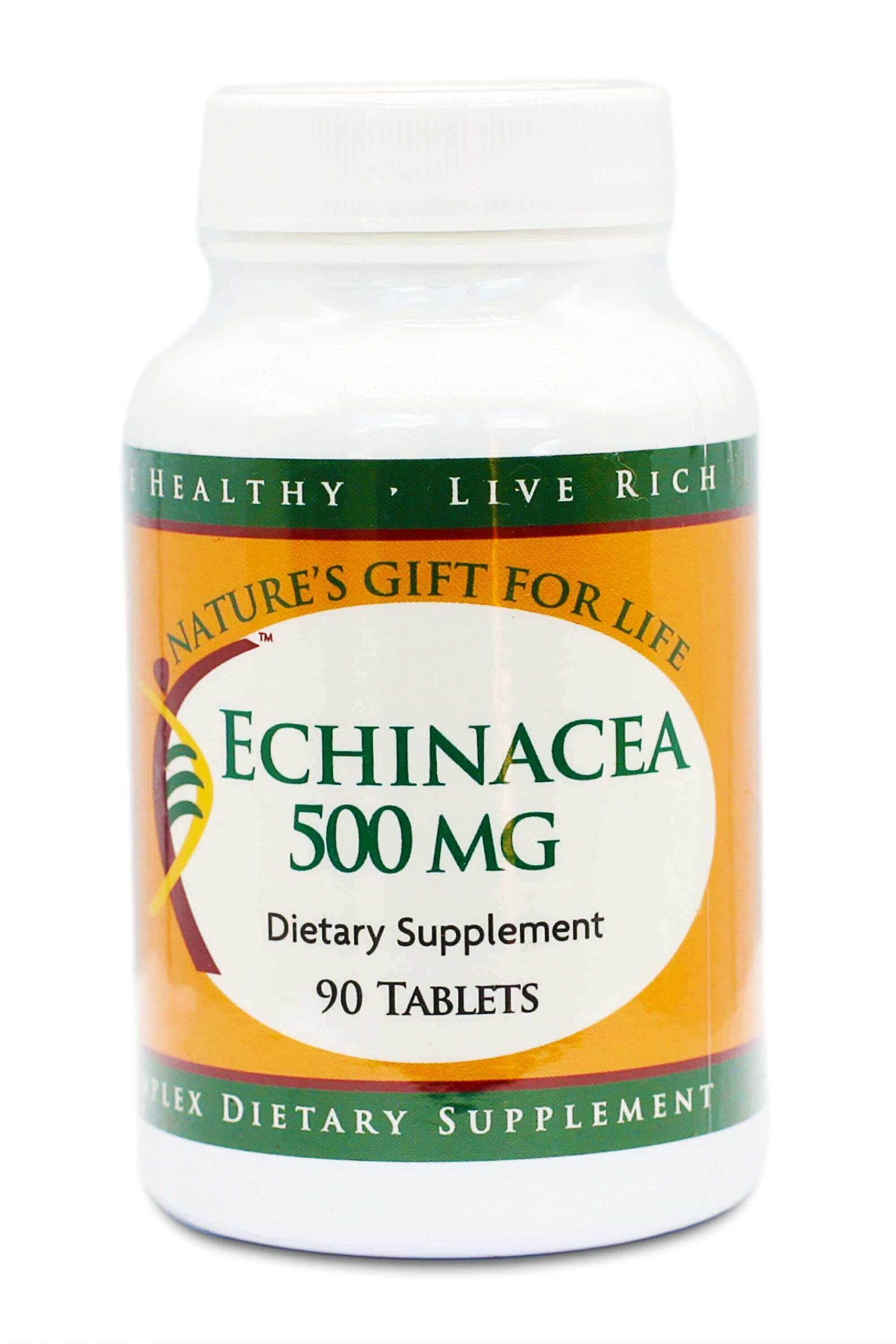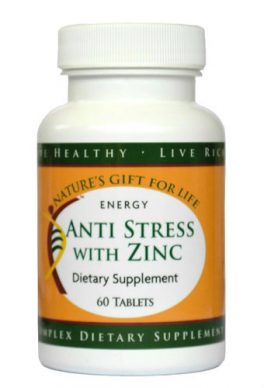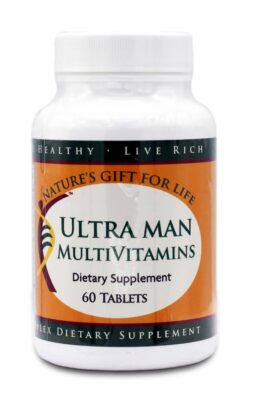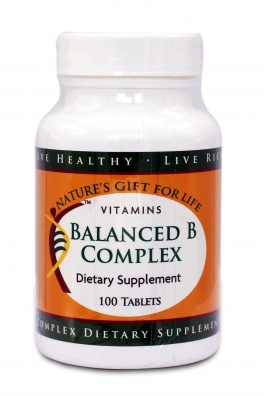Echinacea Puroourea
2 in stock
- Used to treat upper respiratory tract infections
- Stimulates activity against Herpes simplex (HSV) virus Type I.
- Echinacea treats colds, coughs and flu
>>>Read More
19,640CFA
2 in stock
Detailed Product Description / Supplement Facts
Immune stimulant, Anti-viral and Anti-bacterial
Benefits:
– Echinacea is used to treat upper respiratory tract infections.
– It inhibits COX-I and COX-II enzymes.
-It stimulates activities against Herpes simplex (HSV) virus Type I.
– It inhibits the Epstein-Barr virus early antigen (EBV-EA).
– It prevents exercise-induced immunosuppression.
– It prevents recurrent Otitis Media.
– It increases human macrophage levels of IL-1, TNF-alpha, IL-6 and IL-10.
– It increases phagocytosis of candida albicans.
– It stimulates the production of lymphokines by lymphocytes.
– It treats colds, coughs and flu.
– It is used to treat wounds, inflammations and infections.
Echinacea Product Overview
One of the most popular herbal remedies in the world, Echinacea contains active ingredients thought to fight colds, flu, and other infections. There are nine species of this herb, commonly called the purple coneflower, but just three (Echinacea angustifolia, E. pallida, and E. purpurea) are used medicinally. Various parts of the plant (flowers, leaves, stems, or roots) from a variety of species appear in literally hundreds of commercial preparations. Depending on the species and plant part used, the herb will stimulate the immune system and combat bacteria, viruses, and other disease-causing microbes.
Echinacea purpura (the purple coneflower) has been used for hundreds of years as an immune stimulant and general anti-viral and bacterial aid. In recent years the general public has really latched onto this herb because, in general it has been found to be very effective in stimulating the immune system and for its use in treating other medical problems such as those found in the digestive tract.
Echinacea increases the ‘non-specific’ activity of the immune system. In other words, unlike a drug, which is active only against a specific disease, it stimulates the systemic activity of the cells responsible for fighting all kinds of infection. Both safe and powerful, Echinacea stimulates various immune system cells that are key weapons against infection. The herb also helps boost the cells’ production of a virus-fighting substance called interferon. Using these natural immune stimulants if the quality is good is far better than taking drugs for overall health long term. Unlike antibiotics which are broad spectrum, and kill all bacteria both good and bad in the gut, Echinacea makes our own immune cells more efficient in attacking bacteria, viruses, abnormal cells, that also includes cancer cells.
Pharmacodynamics: Over 500 scientific studies have documented the chemistry, pharmacology, and clinical applications of Echinacea. The most consistently proven effect of Echinacea is in stimulating phagocytosis that is encouraging white blood cells and lymphocytes to attack invading organisms. Echinacea specifically increases the number and activity of immune system cells, including anti-tumor cells, promotes T-cell activation, stimulates new tissue growth for wound healing, reduces inflammation in arthritis and inflammatory skin conditions, has antibiotic action, anti-viral, anti-fungal effects and inhibits the bacterial enzyme hyaluronidase, to help prevent bacterial access to healthy cells.
Applications:
Specifically, It may help to:
Reduce susceptibility to and duration of colds, flu, and sore throat. Echinacea is most effective if taken at the first sign of a cold, the flu, or a sore throat. Though findings vary, in one study, those using the herb for eight weeks were 35% less likely to catch a cold than those on a placebo. If you’ve already got the aches, congestion, or fever common to colds or flu, it can cause these symptoms to be less severe and to subside sooner.
Fight recurrent respiratory infections, such as bronchitis, sinusitis, strep throat, and earache. The herb’s immune-boosting properties make it particularly helpful for fighting chronic upper respiratory infections. For best results, take Echinacea at the first sign of illness.
Combat vaginal yeast and urinary tract infections. As an immune-booster, Echinacea can be particularly helpful for fighting these recurrent infections. For yeast infections, the herb seems to stimulate white blood cells to destroy the yeast. Urinary tract infections can be helped by consuming extra fluids, including immune-boosting Echinacea tea, which helps wash away the bacteria.
Promote healing of skin wounds and inflammations, including canker sores, burns, and cuts and scrapes, psoriasis and eczema. As a natural antibiotic and infection fighter, Echinacea promotes the healing of all kinds of skin irritations, including burns, cuts and scrapes, boils, abscesses, canker sores, and eczema, as well as herpes infections (including genital herpes, cold sores, and shingles). It can be applied topically to a wound or be taken internally to strengthen the immune system. Its anti-inflammatory effects make it useful externally on skin conditions, including psoriasis and eczema.
Treat chronic fatigue syndrome. Echinacea is currently being studied as a possible treatment for chronic fatigue syndrome, a condition marked by profound and persistent exhaustion. One theory holds that this mysterious disorder represents the body’s response to a past viral infection that managed to permanently weaken the immune system. By bolstering the immune system and fighting any further viral (or bacterial) presence, Echinacea may help those who suffer from this disorder.
Build immunity during cancer treatments and possibly protect against certain forms of cancer. Rotating Echinacea with extracts of medicinal mushrooms may help to strengthen overall immunity during cancer treatments. While additional research is needed to define the potential role of Echinacea in fighting cancer, a small German study showed that in patients with advanced colon cancer the herb appeared to prolong survival in those who took it in conjunction with standard chemotherapy. The herb presumably boosted the immune system’s ability to fight invading cancer cells.
Ailment Dosage
For long-term use as a general immune-booster | To get the maximum benefit, alternate Echinacea (250 mg twice a day) with other immune-enhancing herbs such as goldenseal, astragalus, pau d’arco, or Maitake, Reishi, and/or Shiitake mushrooms. |
Yeast Infection (Vaginal): | For acute infection: 250-500 mg 3 times a day; For maintenance: Same dose but once a day, in a cycle of 3 weeks on, 1 week off. |
Urinary Tract Infections | 1 cup Echinacea tea several times a day made from contents of a capsule and hot water. |
Sore Throat | For an acute infection: 200 mg 4 or 5 times a day. For prevention: 200 mg each morning in 3-week cycles, alternating with another immune-stimulating herb such as astragalus (400 mg a day) or a mushroom (Maitake, Reishi, or Shiitake). |
Sinusitis | 1 tablet 3 times a day |
Shingles | 250 mg Echinacea 4 times a day during the acute phase only. To help prevent recurrences, reduce to 250 mg a day 3 weeks of each month. |
Flu | To lessen flu symptoms, 300-500 mg standardized extract or freeze-dried whole herb 4 or 5 times a day. For flu prevention: 300-500 mg a day in 1- or 2-week rotations with astragalus or medicinal mushrooms. |
Earache | 1 tablet 3 times a day. For recurrent infections, reduce to one dose a day and use in a cycle of 3 weeks on, 1 week off. |
Cuts and Scrapes | 1 tablet 3 times a day |
Colds | To lessen cold symptoms, 1 tablet 5 times a day. For prevention: 1 tablet a day in 1- or 2-week rotations with astragalus or medicinal mushrooms. (Maitake, Reishi, or Shiitake). |
Cold Sores | For acute flare-up: 1 tablet 3 times a day For maintenance: In rotation Medicinal mushrooms or 1 tablet daily |
Chronic Fatigue Syndrome | 1 tablet a day |
Canker Sores | 1 tablet 4 or 5 times a day at the first sign of sore. For prevention, take 1 tablet a day for 3 weeks each month |
Candida Overgrowth Syndrome | 1 tablet 3 times a day. Alternate in 3-week cycles with astragalus or medicinal mushrooms (Maitake, Reishi, or Shiitake). |
Cancer | 1 tablet 3 times a day |
Burns | 1 tablet 3 times a day |
Chronic Bronchitis | 1 tablet once a day for 1-2 weeks; use in rotation medicinal mushrooms (Maitake, Reishi, or Shiitake) |
Acute Bronchitis | 1 tablet 4 to 5 times a day |
Other Applications
Acne, arthritis, blood cleansing, boils, congestion, contagious diseases, fevers, herpes, glandular disorders, infections (viral and bacterial) influenza, immune system disorders, prostate disease, psoriasis and wounds, Colds, coughs and flu and other upper respiratory conditions, sore throat, urinary tract infections, other minor infections, herpes, candida, skin regeneration, skin infections, psoriasis, eczema and inflammatory skin conditions
NG4L Advantage
NG4L takes your health very seriously and offers the finest Echinacea available to ensure your good health throughout your life.
Guidelines for Use
Use Echinacea alone for no longer than six to eight weeks at a time, followed by a one-week rest period before you start taking it again. With long-term use, Echinacea’s immunity-enhancing effects begin to decrease and it appears to lose its effectiveness. Starting and stopping Echinacea, or rotating it with medicinal mushrooms and the other herbs mentioned above, may maximize its effectiveness. Echinacea is safe for long term use, there are no known toxicities to it and most people very well tolerate it. Using Echinacea requires a little forethought with regard to what diseases it will be effective against.
You can take Echinacea with or without food.
General Interaction
There are no known drugs or nutrient interactions associated with Echinacea.
Possible Side Effects
At recommended doses, Echinacea has no known side effects. However, people who are allergic to flowers in the daisy family may be allergic to Echinacea as well.
Cautions
Echinacea is not a replacement for antibiotics or other infection-fighting drugs, but it can be used to complement them.
Because Echinacea could, in theory at least, over stimulate the immune system, it could worsen the condition of lupus, multiple sclerosis, rheumatoid arthritis, and other autoimmune disorders. Consult your doctor before taking the herb if you suffer from any of these disorders. Consult a physician before you use if you are lactating or pregnant or have any medical condition.
Don’t take Echinacea for progressive infections such as tuberculosis.
PRESENTATION: box of 90 tablets
Serving Size: 1 Dose Per Box: 90 | ||
Ingredients | Amount per dose | % daily value |
Echinacea herb purpurea | 500 mg | * |
Other ingredients: di-calcium phosphate, cellulose microcrystalline, stearic acid, sodium croscarmellose, magnesium stearate and varnish pharmaceutical. * % daily value not established | ||
Directions
Adults take one (1) tablet three times a day as a dietary supplement. No more than eight (8) weeks straight
| Weight | 133 g |
|---|
Based on 0 reviews
Be the first to review “Echinacea Puroourea” Cancel reply
Related products
-
All Products, Steaz Energy Drinks
Steaz Super Fruit Energy Drink
0 out of 5(0)- Elevates your energy and conscience
- Eliminates physical and psychological fatigue and muscle pain
- Strengthens the heart and cardiovascular system
- All natural – Nothing artificial – No preservatives!
>>>Read More
SKU: n/a -
All Products, Multi-Vitamins
Anti-Stress with Zinc
0 out of 5(0)- Helps cope with stress and helps you relax and increase your quality of life
- It provides you with the nutrient content that will help you cope with the daily onslaughts of negativity that makes you react to stress the way you do.
>>>Read More
SKU: n/a






There are no reviews yet.